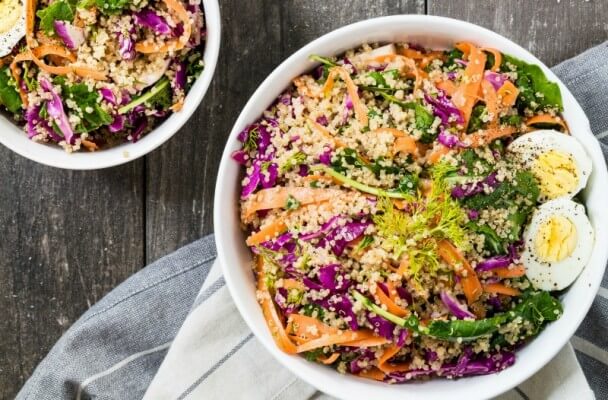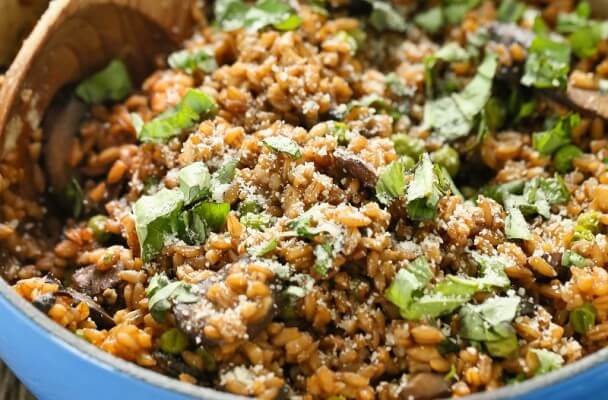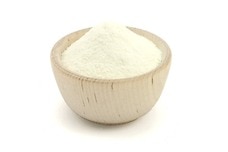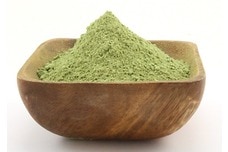Are Almonds Rich In Vitamin D
Vitamin D is a biologically inert, fat-soluble vitamin that is essential for a variety of healthy bodily functions and processes. It plays a significant role in the absorption of calcium by the small intestine, thereby making it of critical importance for supporting healthy bones. Consequently, vitamin D deficiencies result in brittle, easily broken and fractured bones.
Serious vitamin D deficiencies in children may also result in a condition commonly known as rickets. Rickets is most common in children ages one-and-a-half to three-years and can cause substantial bone defects such as soft, misshapen bones that result in deformities. Children with rickets experience significant pain and are often unable to participate in many activities (Vitamin D Council, 2014). Other conditions caused by vitamin D deficiency include osteomalacia. Osteomalacia also causes softening of the bones to the extent that they break, crack, and bend easily, but occurs in those whose bones have already formed (Case-Lo & Morrison, 2014).
Vitamin D is available through exposure to sunlight, supplements, fortified food sources, and in a limited amount of ordinary food items. Most people, particular those with darker skin, have a difficult time getting enough vitamin D through diet alone. Adequate absorption of vitamin D through sunlight is further compromised by vigilant use of products that contain sunscreen and life and work styles that keep most people indoors for the majority of the day. Following are several foods with relatively high vitamin D levels (National Institutes of Health [NIH], 2016).
Fatty Seafood and Liver
Wild salmon, cod, mackerel tuna, herring, trout, and catfish are all good dietary sources for vitamin D. Wild-caught fish is preferable to its farmed counterparts. All of these foods make excellent meal entrees, and smoked wild salmon pieces make superior snacks. Calf and beef liver also contain substantial amounts of vitamin D (Patz, 2012).
Eggs and Mushrooms
Eggs are another source of vitamin D; specifically, the egg yolk provides about 40 IU (10% of the DV) of the nutrient (NIH, 2016). Consumers should take care to thoroughly cook all egg dishes due to the risk of contracting salmonella, and organic eggs from free-range farms are preferable to those that come from factory egg producers. Boiled eggs make excellent snack items or can be used as part of a dish, for example, as a salad topper. Shiitake mushrooms provide small amound of vitamin D, and each mushroom provides about 3 IU of the nutrient. They also have the added benefit of providing vitamin B-6 and featuring a rich, smoky taste that most people love (United States Department of Agriculture, n.d.).
The most formidable forms of the fungi for supplying vitamin D are chanterelles (11 IU per piece), morel mushrooms (27 IU per piece), and maitake mushrooms (12 IU per piece). Portobello exposed to UV light and dried shiitake are also potent sources (Haytowitz, 2012).
Milk and Dairy
Milk and other dairy products such as cheese, yogurt, and sour cream are probably the best known sources for dietary vitamin D. As they are both convenient and affordable, dairy products can be used in all meals in a large variety of ways. A cold glass of milk is a great accompaniment to a morning, afternoon, or evening snack., and yogurt with fruit is a classic treat. Many milk and dairy products are also fortified with vitamin D. However, many people are lactose intolerant and have to look for other healthy sources such as fortified fruit juices, and fortified cereals.
Certain medications may interfere with the absorption of vitamin D. Consumers should consult with their healthcare providers if they are taking medicines containing corticosteroids, cholestyramine, or phenobarbitals. The recommended daily allowance of vitamin D for those from one-year old to seventy is 600 international units (United States Department of Agriculture, 2012).
Vegans may be at greater risk for vitamin D deficiencies, particularly when in situations that limit exposure to sunlight, due to the limited food sources of the nutrient. Vegetarians can rely on eggs, dairy, and mushrooms- while vegans must rely on mushrooms and foods that have been fortified with the nutrient. It should be noted, however, that most vitamin D supplements are not vegan unless specifically stated (DrFuhrman.com, n.d.). Before taking a supplement, check with your healthcare provider first!.
Recommended Recipes
These simple recipes each include ingredients that are rich in vitamin D to help you add natural sources of the nutrient to your diet.

Kale Quinoa Salad Recipe
This scrumptious salad includes a boiled egg to pair with its illustrious flavor and nutrient profiles. A large boiled egg typically contains 11% of the Daily Value (DV) for vitamin D.
Ingredients: Quinoa, fresh baby kale, purple cabbage, carrots, fresh dill, boiled eggs, rice wine, extra virgin olive oil, black pepper.
Total Time: 25 minutes | Yield: 8 servings

Farro Risotto with Mushrooms Recipe
This delectable dish serves a superb source of vitamin D with sliced mushrooms of your choice and parmesan cheese, which often comes fortified with the nutrient. Portabellas that have been exposed to UV light while growing are your best bit for a vitamin D-packed fungus with a flavor that fits this dish.
Ingredients: Organic pearled farro, sliced mushrooms, garlic cloves, extra virgin olive oil, frozen peas, salt, fresh basil, parmesan cheese, hot water.
Total Time: 1 hour, 15 minutes | Yield: 6 servings
Healthy Snack Recommendations
This selection of snacks and ingredients should help you add vitamin D to your favorite recipes, whether for a savory soup or a sweet blended beverage.

Milk Powder
$6.99/lb
This powder has been fortified with vitamin D to provide some of the vitamin in every ounce. Add the powder to your smoothies or thicken soups to attain a creamy concoction rich in nutritive value.

Organic Alfalfa Grass Powder
$5.99
An ideal addition to morning smoothies, this powder provides a wealth of protein and fiber from its only ingredient: alfalfa grass. Alfalfa is a complete protein that contains more than 7 IU of vitamin D in each tablespoon (Horst, Reinhardt, Russel & Napoli).
Source: https://nuts.com/healthy-snacks/sources-of-vitamin-d

0 komentar:
Posting Komentar